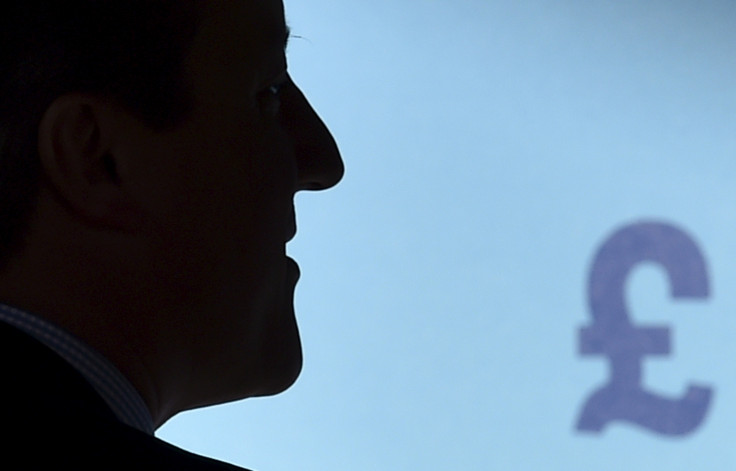UK government borrowing falls

The UK government borrowed less in March than in the same month last year, according to the Office for National Statistics (ONS) meaning the government's budget deficit amounts to £87.3bn ($131bn, €122bn).
The figure is below the £90.2bn borrowing estimate given by the Office for Budget Responsibility (OBR) in March's budget.
Stronger tax receipts helped to reduce government borrowing, with the ONS reporting a record £15.5bn in income tax in March.
As a percentage of gross domestic product (GDP) the deficit has fallen from 10% to 4.8% since the coalition government was formed.
However, the ONS data also revealed that the government's debt pile continues to grow and now stands at £1.48tn, equivalent to around 80% of gross domestic product and around £500bn higher than when the coalition took the reins.
The falling deficit was welcomed by British Chambers of Commerce chief economist David Kern, who said the government should have reduced spending further.
"When compares with 2010 we have cut only half the fiscal deficit. We have to make more progress towards stabilising our public finances – it is a difficult but necessary task," Kern said in a statement.
"The challenges in the financial sector and lower oil and gas output constrain our ability to generate tax receipts. The simple, if uncomfortable, truth is, we must focus on reducing public spending so that we can live within our means."
© Copyright IBTimes 2024. All rights reserved.






